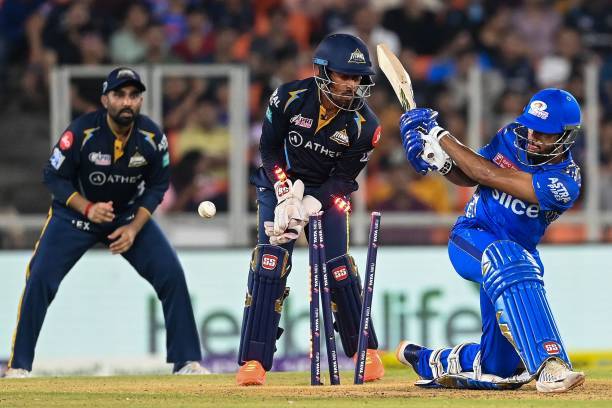Addressing Mental Health Challenges in Grassroots Cricket Communities: Laser book 247 login password, Lotus299, 11xplay pro
laser book 247 login password, lotus299, 11xplay pro: Cricket is more than just a sport in many communities around the world. It is a way of life, a passion, and a source of pride. Grassroots cricket communities are where the love for the game is nurtured, where friendships are formed, and where memories are made. However, like any community, grassroots cricket communities are not immune to mental health challenges.
In recent years, there has been a growing awareness of the importance of mental health in sports, including cricket. The pressure to perform, the fear of failure, the demands of training and competing can all take a toll on a player’s mental well-being. It is essential that cricket clubs and organizations take proactive steps to address mental health challenges within their communities.
Here are some strategies that grassroots cricket communities can adopt to promote mental well-being among their players:
1. Education and Awareness: One of the first steps in addressing mental health challenges is to educate players, coaches, and officials about mental health issues. By raising awareness and reducing the stigma surrounding mental health, grassroots cricket communities can create a supportive environment for those struggling with mental health.
2. Support Networks: Establishing support networks within the community can provide players with a safe space to talk about their feelings and seek help if needed. These networks can include mental health professionals, coaches, captains, and teammates who are trained to recognize the signs of mental health issues and provide support.
3. Mental Health Check-ins: Regular mental health check-ins can help identify players who may be struggling with mental health challenges. These check-ins can be informal conversations between coaches and players to gauge how they are feeling and offer support if needed.
4. Stress Management Workshops: Organizing workshops on stress management techniques can help players cope with the pressures of training and competition. Teaching players how to manage stress can improve their mental well-being and performance on the field.
5. Creating a Positive Team Culture: Fostering a positive team culture based on respect, inclusivity, and support can benefit the mental health of players. Encouraging open communication, empathy, and teamwork can help create a supportive environment where players feel valued and understood.
6. Seeking Professional Help: It is important for grassroots cricket communities to have resources in place for players who need professional help. This can include access to mental health professionals, counselors, or helplines for players to reach out to in times of need.
Overall, addressing mental health challenges in grassroots cricket communities requires a holistic approach that prioritizes the well-being of players. By educating, supporting, and creating a positive team culture, grassroots cricket communities can promote mental wellness and create a safe and inclusive environment for all players.
FAQs:
Q: How can I recognize if a player is struggling with mental health issues?
A: Look out for changes in behavior, mood, or performance on the field. If you notice any signs of distress, it is essential to reach out and offer your support.
Q: What should I do if a player opens up to me about their mental health struggles?
A: Listen without judgment, offer your support, and encourage them to seek professional help. It is vital to take their concerns seriously and help them access the resources they need.
Q: How can I promote a positive team culture in my grassroots cricket community?
A: Encourage open communication, mutual respect, and teamwork among players. Emphasize the importance of supporting each other both on and off the field to create a positive and inclusive team culture.







